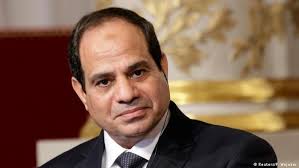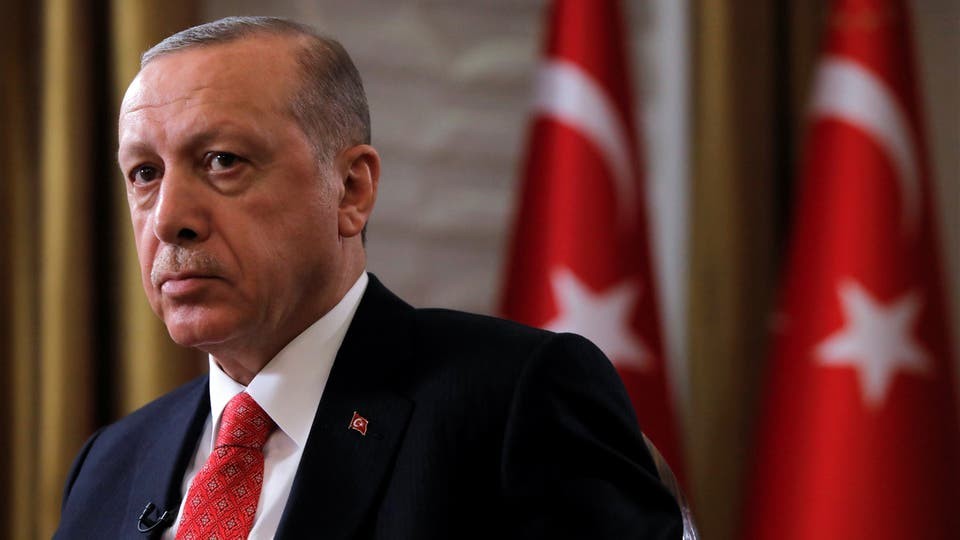In late April, Egyptian President Abdel-Fattah El-Sisi announced the reactivation of the work of the “presidential pardon committee”, which is responsible for facilitating the release of political detainees, as part of what was described as a “political reform process” to ease the societal tension resulting from the severe economic crisis in the country.
This is not the first time Sisi has announced such committees, as the matter began in 2016, but thousands of political detainees are still languishing in prisons. Egypt is still one of the first countries in the world in terms of the large number of people imprisoned on political charges, and this is due to The regime’s lack of genuine desire to solve this crisis and its use of these committees as “painkillers” to calm the situation in times of turmoil and increasing congestion. The question now is if the new Amnesty Committee different from its predecessor? Will it be a door to end the suffering of thousands of unjustly imprisoned in the prisons of the Sisi regime?
Negative predictors
The regime forces these committees to continue a failed approach to hinder and slow down releasing political prisoners. This approach is to issue seasonal decisions to release limited numbers of detainees every few months or years, in the absence of a known mechanism, criteria, or controls for choosing the released or refusing to release others. At the same time, it adds new numbers of prisoners imprisoned on political charges, far exceeding the number of those released; this method has resulted in the continuation and exacerbation of the political prisoners’ crisis without a solution for years.
It seems that the regime is continuing this approach to thwart the work of the new Amnesty Committee, as there is no declared mechanism based on which detainees are released. According to members of the Amnesty Committee, their role is to receive the names of political prisoners and send them to the relevant security services (National Security and Intelligence Public) to discuss these cases and decide on them without any obligation to them what the committee considers!
The regime has also expanded the work of the “Amnesty Committee”, consisting of only five public figures (some of whom are affiliated with the government and some of the civil forces), to include receiving requests for the release of debtors and the numbers of this category are estimated at tens of thousands. The Ministry of Interior and the Prisons Authority have lists of their names, and they do not need To discuss their case with the Presidential Pardon Committee. Still, the inclusion of their file in the committee’s tasks is intended to expand and diversify its work, which hinders its primary mission of releasing political detainees.
According to the digital register launched by the Amnesty Committee to apply in this regard, its work is limited to “releasing young people who are imprisoned in pending cases, and no judicial rulings have been issued against them,” which means that its work does not include only “youth” and does not include unfair politicized sentences against them. This means, in practice, that there is no intention to settle the detainees’ files and bring about societal reconciliation. Even if all the young men held in pretrial detention on political issues are released, there will still be tens of thousands languishing in prisons!
According to frequent statements by members of the presidential pardon committee, its work “will not include defendants in terrorism and violence cases,” which means excluding tens of thousands from the committee’s work, as most (if not all) of those imprisoned in political cases are accused of “belonging to a terrorist group, financing a terrorist group, or aiding a terrorist group!
Required standards and controls
Suppose Sisi is serious about his intention to bring about political reform in the country, which we doubt and do not see a sign of his sincerity. In that case, the “Presidential Pardon Committee” work should be based on specific and announced criteria and controls for releasing all political prisoners in Egypt and not based on pleas for the president and the security services to release an individual here or an activist there. To achieve this, a formal mechanism must be launched that ensures the application of objective standards and controls for the release of any prisoner that apply to him, instead of the Amnesty Committee’s role being currently limited to receiving information and then providing it to the security services, the same agencies that ordered or implemented arrest and detention orders so far.
Should establish another independent committee to look into the file of the debtors so that the current “Amnesty Committee” can devote itself to the file of political detainees only. The committee’s work must include all those held in pretrial detention, as well as those convicted on all political charges, whether they are “youth,” children, minors, the elderly, those with health and humanitarian conditions, and anyone who is currently subject to restrictions on his freedom for political reasons or charges.
The regime can release vast numbers of political detainees at once if it decides only to terminate the sick, minors, the elderly, those imprisoned in publishing cases, and those who exceeded the maximum limit of pretrial detention, and the release of all pretrial detainees who have been detained for a maximum of 6 months Without the Public Prosecution having sufficient evidence to refer them to trial, pardoning the remainder of the sentence for those who were previously sentenced on political charges and have served more than half of the sentence, and pardoning the rest of the punishment for those against whom the State Security Emergency Courts issued penalties, as they are exceptional and non-appealable provisions that deprived the accused a standard degree of litigation is the amnesty for the remainder of the sentence for all civilians who military courts have sentenced on political charges. These initial controls and criteria represent a logical and objective ground for settling the file of political detainees instead of spinning in vicious circles for media hype and local and international noise. At the same time, thousands remain in prisons in inhumane conditions.





Recent Comments